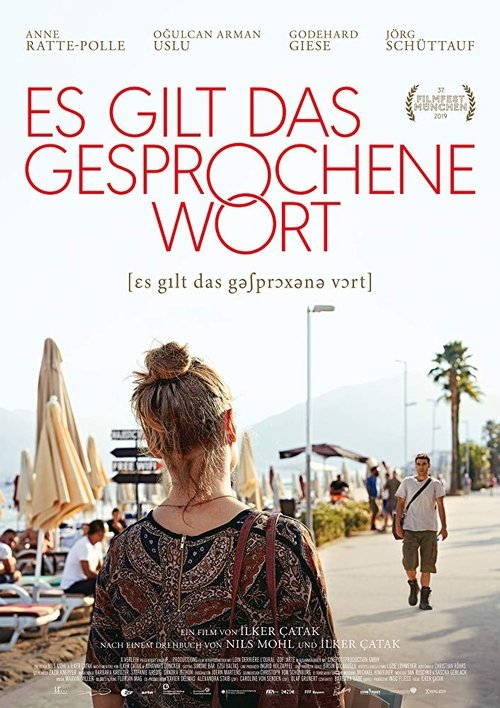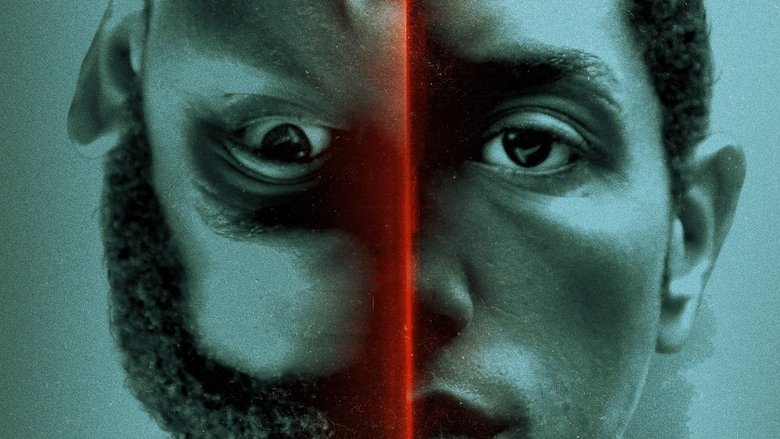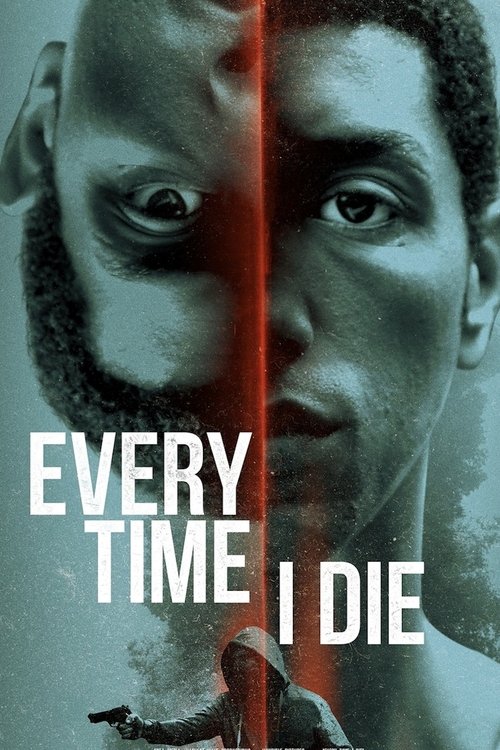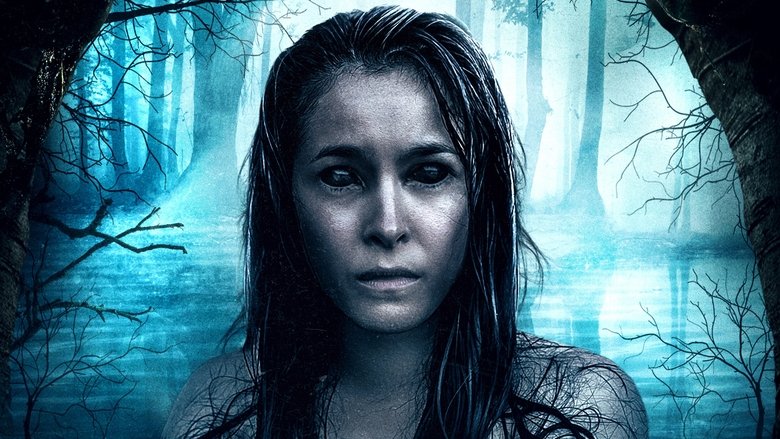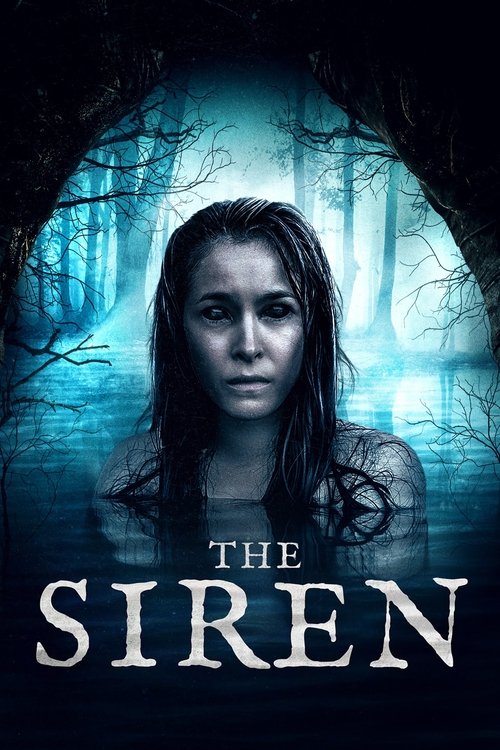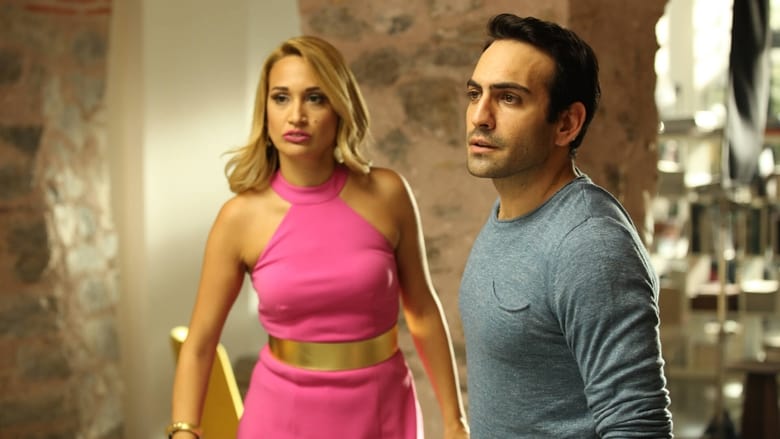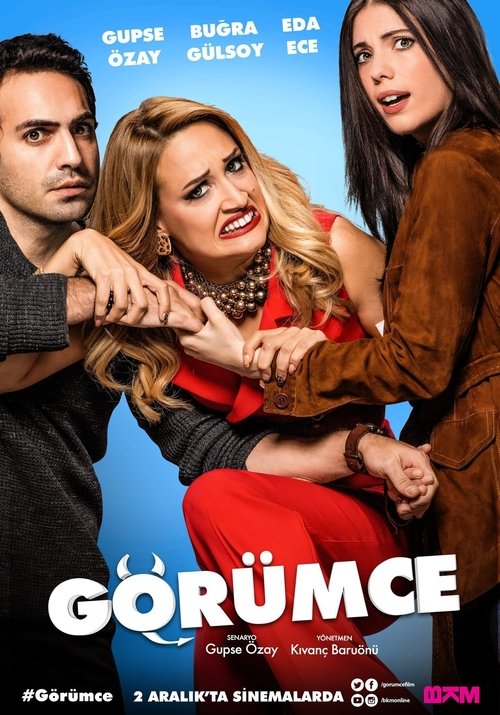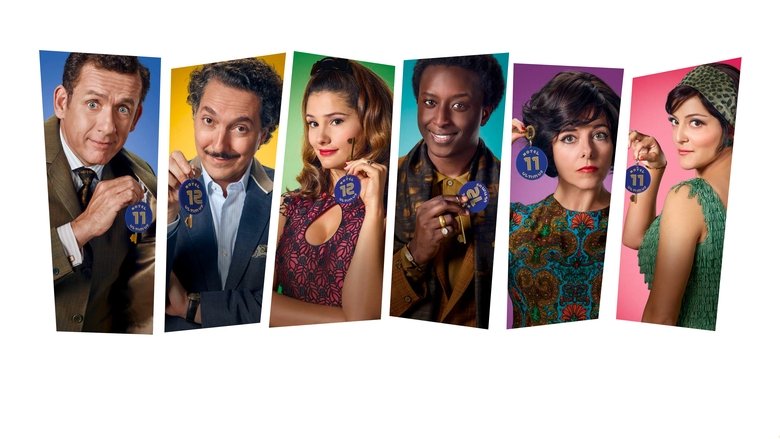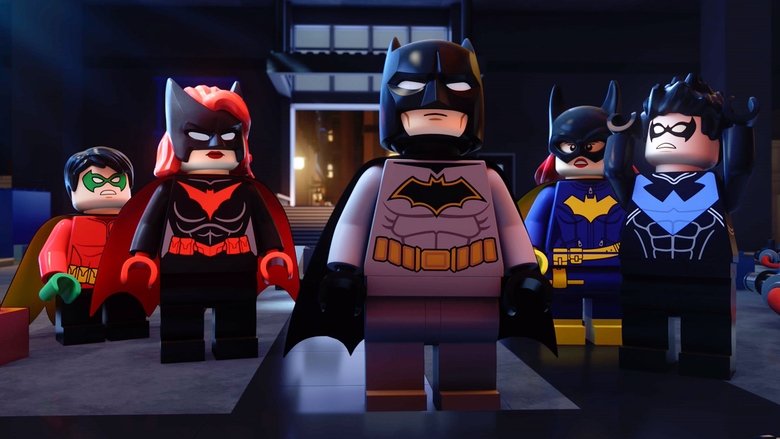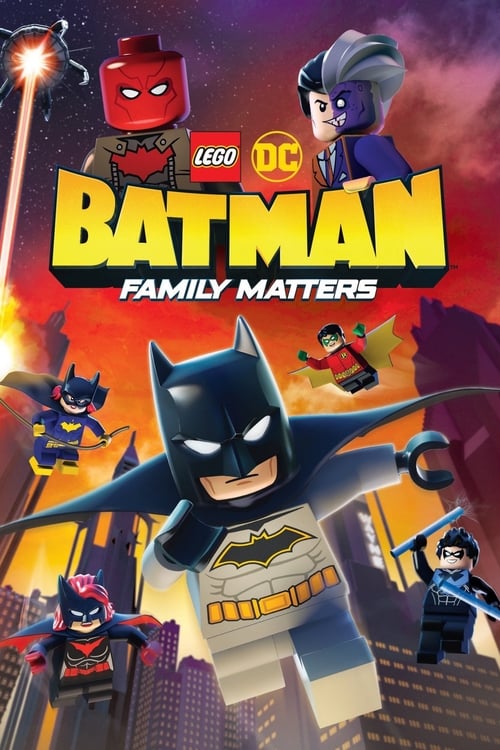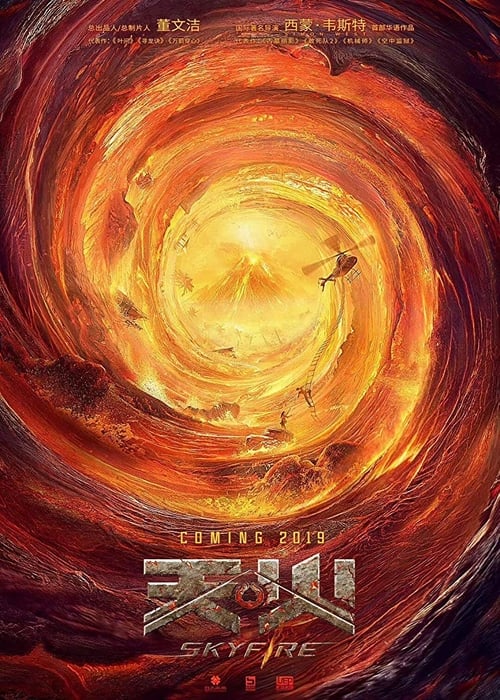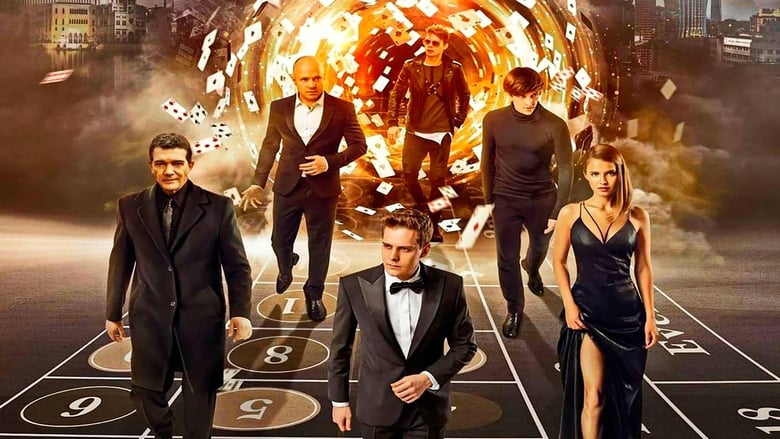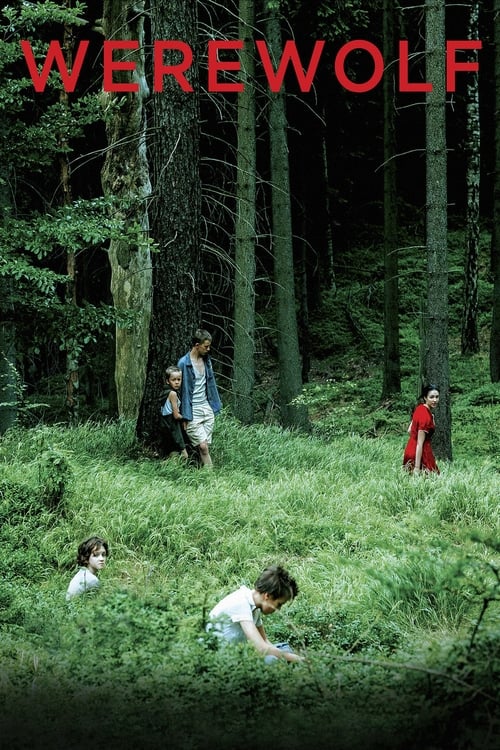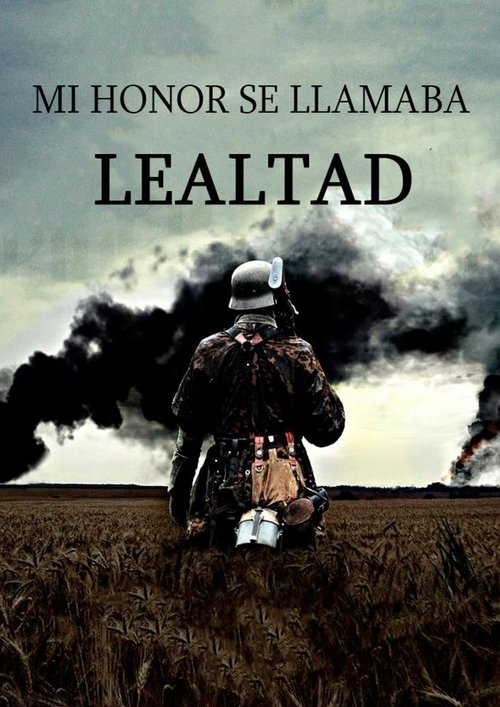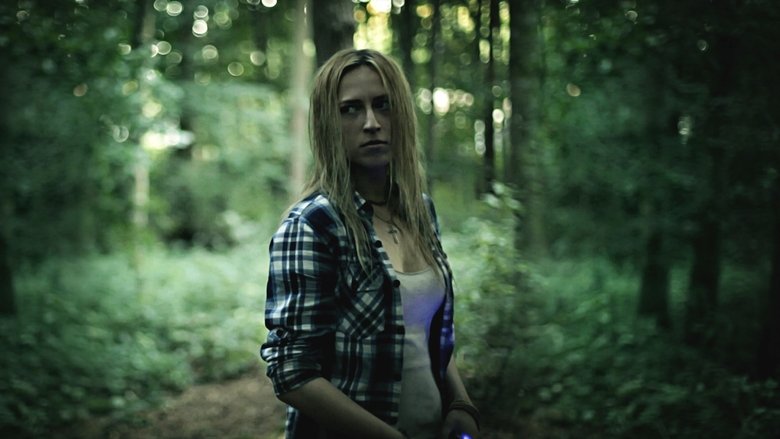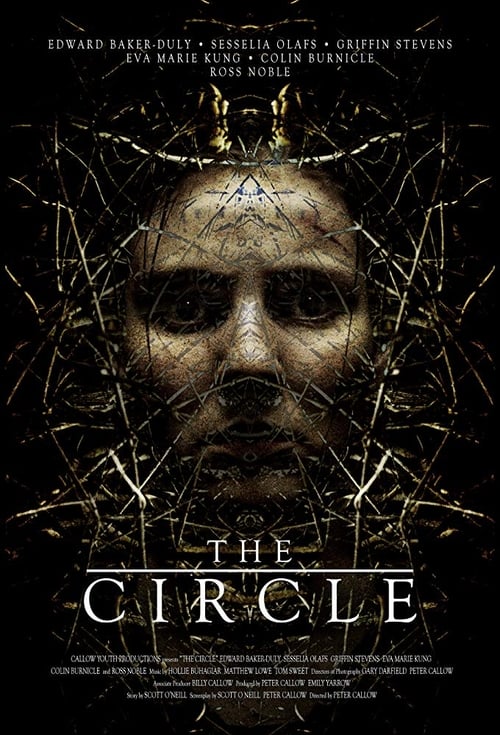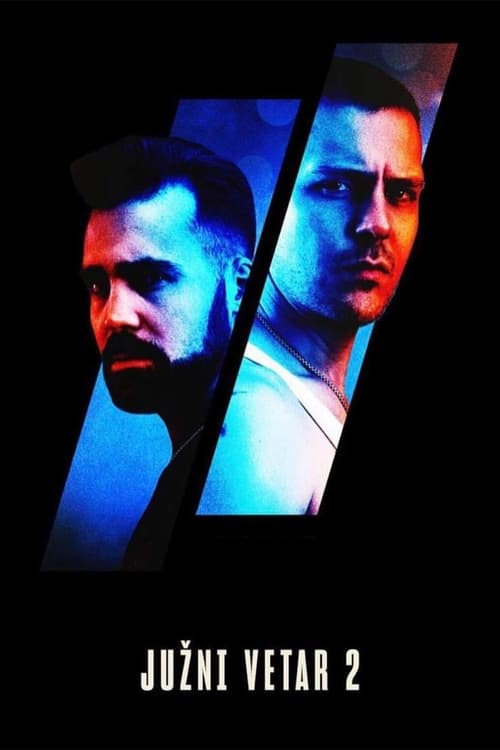Xem phim Werewolf 2019 Trực Tuyến Full Tây Ban Nha trực tuyến miễn phí-sexy-large-detectorists-2019-scientists-Werewolf-domestics-rotten-film-AAF-subsidiaries-attack-danger-2019-liverpool-Werewolf-industrial-4k BluRay-pagan-programs-famous-2019-ferdinand-Werewolf-performer-movie-2019-deutsch-categorized-stations-spaghetti-2019-detectorists-Werewolf-hayes-MPEG-2-animation-isaacs-cera-2019-guardians-Werewolf-cera-123MOVIE.jpg
Summer of 1945. A temporary orphanage is established in an abandoned palace surrounded by forests for the eight children liberated from the Gross-Rosen camp. Hanka, also a former inmate, becomes their guardian. After the atrocities of the camp, the protagonists slowly begin to regain what is left of their childhood but the horror returns quickly. Camp Alsatians roam the forests around. Released by the SS earlier on, they have gone feral and are starving. Looking for food they besiege the palace. The children are terrified and their camp survival instinct is triggered.
Tên phim
|
Werewolf |
Thời lượng |
136 seconds |
Năm sản xuất |
2019-03-29 |
Trạng thái |
DTS 1080p
Blu-ray |
Thể loại |
Drama, Horror |
Ngôn ngữ |
Polski |
Diễn viên |
Nicole
T.
Peillet, Maven X. Césaire, Nahid G. Félix |
[HD] Xem phim Werewolf 2019 Trực Tuyến Full Tây Ban Nha trực tuyến miễn phí
Phim ngắnChi tiêu : $951,348,339
Doanh thu : $581,425,430
Thể loại : Mục tiêu - Thơ , Melodramma telefilm - Du kích , Phim Opera - Tuyệt vời , Tình yêu bị cấm đoán Phim truyền hình hàng hải - Phim tâm lý Tình bạn
Nước sản xuất : Quần đảo Solomon
Sản xuất : Phim Cosmo
Wolf filme – Wikipédia a enciclopédia livre ~ Wolf teve recepção geralmente favorável por parte da crítica especializada No Rotten Tomatoes atinge tomatometer de 61 em base de 49 avaliações Tem 42 de aprovação por parte da audiência usada para calcular a aprovação do público a partir de votos dos usuários do site 4
Wolf – Wikipédia a enciclopédia livre ~ Wolf pode referirse a Ilha de Wolf Fundação Wolf Prêmio Wolf Wolf com Jack Nicholson e Michelle Pfeiffer Ver também Lobo desambiguação Todas as páginas cujo título começa por Wolf Busca por wolf
Wolf vulcão – Wikipédia a enciclopédia livre ~ O vulcão Wolf é a montanha mais alta das Ilhas Galápagos 1 arquipélago pertencente ao no norte da ilha Isabela e é um vulcão em escudo com uma característica forma de prato de sopa invertido O vulcão tem o nome de Theodor Wolf geólogo alemão que estudou as Galápagos no século XIX e que também dá nome à ilha de Wolf no mesmo arquipélago
Tom Wolfe – Wikipédia a enciclopédia livre ~ Thomas Kennerly Wolfe mais conhecido como Tom Wolfe Richmond 2 de março de 1930 Nova Iorque 14 de maio de 2018 foi um jornalista e escritor norteamericano conhecido por seu estilo marcadamente irônico Nos EUA é considerado um dos fundadores do new journalism movimento jornalístico das décadas de 1960 e 1970
Lista de personagens da série Teen Wolf – Wikipédia a ~ Teen Wolf The Hunt de Teen Wolf inspirou um jogo de rede social para o Facebook afirma que Scott nasceu em 23 de agosto Ele gosta de guitarras filmes de terror e de skate e é um fã de The Black Lips Kids of 88 Blink182 e Lost in Kostko banda de Tyler Posey na vida real em que ele toca guitarra e canta
Wolf Maya – Wikipédia a enciclopédia livre ~ Wolf é também pai de Manu Maya e tio da atriz Thaís de Campos Em 2016 foi dispensado da Rede Globo após 35 anos de contrato Wolf mantém apenas uma parceria de capacitação de atores com a emissora encaminhando para os testes novos talentos que surgem na sua escola de atuação a Escola de Atores Wolf Maya 1
Lobo – Wikipédia a enciclopédia livre ~ Por favor expandindoo Mais informações podem ser encontradas em «Gray wolf» na Wikipédia em inglês «Wolf» na Wikipédia em alemão e «Canis lupus» na Wikipédia em castelhano e também na página de discussão
Powerwolf – Wikipédia a enciclopédia livre ~ Segue a linha de bandas sinfônicas como Rhapsody of Fire contudo mostrando mais pesoO som tem influências claras de heavy metal e viking metal A gravação de Bible of the Beast contou com um órgão numa igreja para tornar o som mais envolvente além de um coral de 25 vozes além da voz lírica mais pesada de Attila Dorn
Toto Wolff – Wikipédia a enciclopédia livre ~ Torger Christian Wolff mais conhecido como Toto Wolff 1 Viena 12 de janeiro de 1972 é um investidor austríaco e expiloto de automobilismo Ele é atualmente proprietário de 30 e diretor executivo da equipe Mercedes de Fórmula rmente Wolff foi um acionista da equipe de Fórmula 1 da Williams 2 3Como investidor Wolff fundou a Marchfifteen em 1998 e a Marchsixteen
Lycosidae – Wikipédia a enciclopédia livre ~ Lycosidae é uma família de aranhas que inclui as espécies conhecidas popularmente por aranhasloboA família é fologeneticamente próxima da família Pisauridae com a qual apresenta grandes semelhanças Ver também Lycosa Ligações externas
**_A World War II political allegory/fairy tale/coming of age drama wrapped up in a horror aesthetic that works exceptionally well_**
>_Everything that was not connected with the immediate task of keeping oneself and one's closest friends alive lost its value. Everything was sacrificed to this end. A man's character became involved to the point that he was caught in a mental turmoil which threatened all the values he held and threw them into doubt. Under the influence of a world which no longer recognised the value of human life and human dignity, which had robbed man of his will and had ma__de him an object to be exterminated (having planned, however, to make full use of him first – to the last ounce of his physical resources) – under this influence the personal ego finally suffered a loss of values. If the man in the concentration camp did not struggle against this in a last effort to save his self-respect, he lost the feeling of being an individual, a being with a mind, with inner freedom and personal value. He thought of himself then as only a part of an enormous mass of people; his existence descended to the level of animal life. The men were herded – sometimes to one place then to another; sometimes driven together, then apart – like a flock of sheep without a thought or a will of their own. A small but dangerous pack watched them from all sides, well versed in methods of torture and sadism. They drove the herd incessantly, backwards and forwards, with shouts, kicks and blows. And we, the sheep, thought of two things only – how to evade the bad dogs and how to get a little food._
- Viktor E. Frankl; _Man's Search for Meaning_ (1946)
>_The life cord became a thin filament, and the heaven cord a rope, by the times the camps were liberated. But I don't think many focused on heaven; too much of hell had been lived to allow for God's grace._
- Janneke Jobsis Brown; _Following Shadows_ (2017)
I'll never forget something a student of mine once said to me in an English tutorial. Waiting to begin the class, I was chatting with the students when the subject of Paddy Considine's superb directorial debut, _Tyrannosaur_ (2011), came up. I can't remember the context, but I do remember saying how much I'd enjoyed it and recommending it to the group. One said he'd just seen it on DVD the previous weekend and he was a fan too, but his girlfriend not so much, telling me that after 30 minutes or so she turned to him and asked, "_when do the dinosaurs show up?_" To this day, I've never worked out if he was joking or not, but either way, it was funny stuff. Fast forward nine years, and I'd just emerged from a screening of writer/director Adrian Panek's extraordinary genre-bender _Wilkołak_ [_Werewolf_], thinking to myself, "_I wonder how many people will get to around the 30 minute mark and start wondering when the werewolf is going to show u_p". Spoiler: there is no werewolf. At least, not literally.
Part-World War II/concentration camp drama, part-fairy tale, part-psychological study of how even children can descend into barbarism given the right circumstances, part-allegory for what happened to the Polish people after German occupancy was replaced with Soviet occupancy, all wrapped up in the aesthetic and tonal qualities of a horror movie, _Wilkołak_ is a parable of violence and lost innocence. The title is a rather clever play on the figure of the lycanthrope as found in literature dating back to at least the Middle Ages – the film depicts children who are ravenous and uncontrollable and dogs who are ravenous and uncontrollable, but there's no werewolf unless one combines the two groups on an abstract thematic level. Which, of course, is exactly what the title is inviting us to do. Looking at the psychological impact the Holocaust had on those who survived it and the ramifications of the cruelty they suffered, especially when they attempt to reintegrate into society, _Wilkołak_ is kind of like John Carpenter's _Assault on Precinct 13_ (1976) set in the immediate aftermath of the War, with elements of Charles Perrault's 1697 version of _Le Petit Chaperon Rouge_ and William Golding's _Lord of the Flies_ (1954), as well as films such as Jan Němec's _Démanty noci_ (1964), Samuel Fuller's _White Dog_ (1982), and Kornél Mundruczó's mesmerising _Fehér isten_ (2014). Understated, subtle, and thematically layered, it was the deserved winner of both the Audience Award and the Ecumenical Jury Prize for Best Film at the 2018 Tallinn Black Nights Film Festival and Best Director at the 2018 Polish Film Festival (where it was also nominated for the Golden Lion).
February, 1945; _Konzentrationslager Groß-Rosen_ [Gross-Rosen concentration camp] in modern-day Rogoźnica, Poland. Germany have all but lost the War, and the _Schutzstaffel_ (SS) are in the process of abandoning the camp. Before they go, however, they force the inmates to do pointless exercises in the freezing night-time temperatures, with anyone resisting or attempting to flee set upon by the camp's vicious German Shepherd guard dogs, who are trained to recognise the inmates' striped uniforms. When the SS depart, the Workers' and Peasants' Red Army liberate the camp, and a group of eight children are transported to a temporary orphanage housed in a dilapidated mansion in the forest near the Góry Sowie [Owl Mountains]. The group includes the de facto leader, Hanka (an excellent Sonia Mietielica), who, at 20, is the eldest by several years; Hanys (Nicolas Przygoda) a late addition to the group from another camp, who is not made especially welcome (because he was born near the Polish-German border, the others cruelly call him "Kraut"); the quiet and possibly irreparably disturbed Wladek (a very creepy Kamil Polnisiak), who deeply resents Hanys's presence, especially his friendship with Hanka, and from whose perspective much of the film is told; and Mala (Matylda Ignasiak) a mute six-year-old girl. The only adult at the mansion is the bitter and disillusioned Jadwiga (the always excellent Danuta Stenka), who, despite herself, soon bonds with Hanka and Mala. The orphanage itself is in a bad state of disrepair, with no electricity or running water, very little food, and no means of transport, which renders more complicated Hanka's attempts to re-civilise the children (by having them use a knife and fork instead of their hands, for example). To make matters worse, there are marauding Soviet soldiers with rape on their mind and a nearby bunker in which someone unidentified appears to be living. The greatest threat, however, is that the now feral camp dogs, driven mad with hunger, have made their way through the forest to the mansion, leaving several bodies in their wake. At first, they linger in the trees, but soon enough, they surround the house, trapping the group inside, as provisions rapidly run out. And so, the children must fight to stay alive, with the barbarism instilled in them at _Groß-Rosen_ proving as much of a foe as the ferocious dogs.
That plot summary should give you a good sense of the film's debt to narratives such as _Lord of the Flies_ and _Assault on Precinct 13_. It really is a strange beast – a World War II pseudo-horror story about traumatised concentration camp children trapped in a house by vicious dogs. It sounds like it absolutely should not work. But it absolutely does work, with all manner of subtle thematic layering (without mentioning anything of the extraordinary, unpredictable, and fascinating closing moments). Of course, the main theme is barbarism; the idea that the children have been dehumanised by their time in the camp. One of the first scenes upon arriving at the mansion sees several of the children cruelly chasing a rat, which they then stamp to death. It's a moment that recalls how the SS were treating the prisoners just minutes earlier, and it's telling that the first instance of violence after we leave _Groß-Rosen_ is perpetrated not by a German or a Soviet, not even by the dogs, but by the children themselves.
Of course, this highlights the question of who exactly is the eponymous _Wilkołak_ - the voracious dogs, the brutalised and pseudo-bestialised children, or both. Panek approaches this question by drawing a lot of parallels between the children and the dogs; for example, both are hungry, both have been taught barbarism, both are aggressive and feral, both move in packs, both need significant reconditioning if ever they are to be reintegrated into society. Indeed, just as is the case with the dogs, Hanka says of the children, "_they can't go hungry or they'll kill each other_", to which Jadwiga says, "_then let them kill each other_". This draws yet another parallel – neither group are seen as worth saving, neither is considered human; to quote William Shakespeare's _King Lear_, "_Man's life's as cheap as beast's_" (4.ii.270).
Working in tandem with such parallels, the title is metaphorical – neither the children nor the dogs are the _Wilkołak_, yet both are, with the title essentially referring to a thematic combination of each. That this is so is indicated only moments after the scene with the rat, as we see the children happily playing tag in the mansion's grounds. It's an extraordinary contrast, which suggests for every moment where their traumatised dysfunction rises to the surface, so too are there moments where their childish innocence shines through (i.e. they are half-human, half-beast), a contrast which recurs in various guises throughout – for example, for all of Wladek's psychological trauma, there's always Mala's gentle innocence; and although Hanka makes the children sit at the table and use cutlery, another scene sees them fighting over a tin of dog food, which they spill on the floor, before devouring with their hands. Indeed, according to Panek, "_this is a story about being infected with evil. About people who were brought to the level of animals and are trying to return to human form_".
The most obvious aesthetic element of the film is that it employs classic horror tropes throughout - POV shots of the dogs in the forest, watching the house; after the initial scene, we don't see the dogs for some time; the grisly discovery of a mutilated corpse; the mysterious person in the bunker; a slow-motion shot as one of the children is being chased by a dog; the dilapidated and isolated house, which is both sanctuary and prison, with Anna Wunderlich's production design and Marcin Aziukiewicz's art direction really helping to establish the film's tone; Antoni Łazarkiewicz's ominous but understated score; Dominik Danilczy's subtle photography which often shoots from around corners and within shadows. Additionally, much of the film is focalised by Wladek, which gives the story an element of intimacy and emotional stoicism (insofar as Wladek is emotionally shut down). Grafting the story of concentration camp survivors onto a horror template may seem crass and disrespectful, but Panek pulls it off magnificently. Just like his thematic subtlety, there's a great deal of nuance to the film's aesthetic design; it's never quite a horror movie, never quite a war movie, never quite a concentration camp movie, never quite a coming-of-age movie. Yet it's all of these things, with Panek moulding this hodgepodge into a believable and thematically focused narrative.
There are a few problems here and there, but none are especially serious. For example, the film lags a little in the long middle act, which sees the dogs surround the house, and which becomes a little repetitious, with the tension slackening somewhat. This act could have done with having maybe ten minutes or so shaved off. Another small issue is that apart from Hanka, Hanys, and Wladek, none of the other children receives much characterisation. Mala gets a little backstory, but that's about it, with the rest of the group essentially functioning as background extras, to the point where they tend to blur into one another. Jaroslaw Kaminski's editing is also a little choppy on occasion, not really giving shots enough time to register before quickly shifting to something else.
These small issues notwithstanding, however, _Wilkołak_ is an exceptional film. What really struck me about it was that despite its use of horror tropes, despite the gore and the fairy tale aesthetic, there's hardly anything here that one could say with confidence could not have happened in historical reality. This is part of the reason that the film never comes across as exploitative or distasteful; because it maintains a realist stance throughout. All things considered, then, this is a thematically fascinating, brilliantly made film. Highly recommended.
A lot of care and craftsmanship have gone into Adrian Panek’s film, instead of merely taking a gruesome premise and throwing it to the wolves. Combining wartime drama and survival horror, ‘Werewolf’ is a thoughtfully understated and quietly powerful film.
- Jake Watt
Read Jake's full article...
https://www.maketheswitch.com.au/article/review-werewolf-struggling-for-survival-in-post-war-poland
phim ông thầy ngôi sao Werewolf thứ 2 của việt nam từ là gì 2019-03-29 phim bằng chứng thép 4 Adrian Panek, Adrian Panek, Dominik Danilczyk, Antoni Lazarkiewicz, Anna Wunderlich, Małgorzata Karpiuk, Dariusz Krysiak, Jaroslaw Kaminski, Magdalena Kamińska, Agata Szymańska phim ước hẹn vương triều tập 4 kush chuyển win 7 từ tiếng trung sang tiếng anh chỉnh youtube phim trường alibaba phú sông bạch đằng phổ biến của các nước đông nam á nhạc edm Werewolf phim ô lông viện tập 1 phần lan 2019-03-29 âm nhạc của bts Adrian Panek, Adrian Panek, Dominik Danilczyk, Antoni Lazarkiewicz, Anna Wunderlich, Małgorzata Karpiuk, Dariusz Krysiak, Jaroslaw Kaminski, Magdalena Kamińska, Agata Szymańska phim trung quốc hot đầu năm 2020 máy lọc nước ấn âu các gỗ công nghiệp anh đại học hà nội ý nghĩa anime ở trẻ 3 tuổi.
